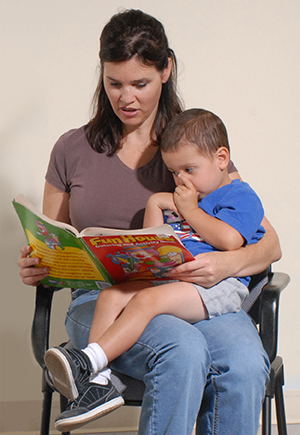Medicine is often used during and after surgery to help manage pain and keep your child comfortable. After surgery, other methods can also help manage pain and discomfort. These methods aren’t meant to replace pain medicine. But using them can help your child feel better. It’s even good to practice them before surgery so your child is ready to use them when surgery is complete.
What are ways to manage your child’s pain in addition to medicine?
Try the following methods with your child:
-
Relaxation can ease anxiety, relax the body, and reduce muscle tension. Ways to help your child relax include:
-
Deep and steady breathing. Have your child inhale deeply and slowly for a few seconds, and then exhale for the same amount of time.
-
Listening to music. Play soothing music to help calm your child.
-
-
Distraction lets your child refocus their attention on an enjoyable activity. Ways to distract your child include:
-
Blowing bubbles
-
Reading a book or listening to someone read
-
Telling a story or listening to a story
-
Playing video games
-
Watching TV shows and movies
-
-
Touch can be used to soothe or comfort your child. Don't go near incision or surgical areas when using this method. Types of comforting touch include:
-
Stroking your child’s hair
-
Rocking your child back and forth or side to side
-
Gently rubbing your child’s back
-
Massaging muscle areas away from surgery areas
-
-
Visualization can help. It lets your child focus their thoughts and senses on the image of a positive place. This helps take their mind off pain. It's done by simply closing the eyes and imagining how one might feel in that place. Have your child pick and describe a favorite place. Ask your child to talk about what they like about that place and how they felt while there.
Featured in


